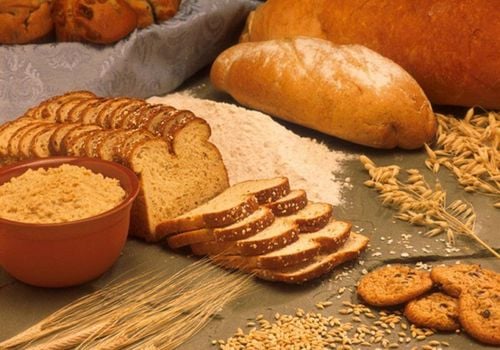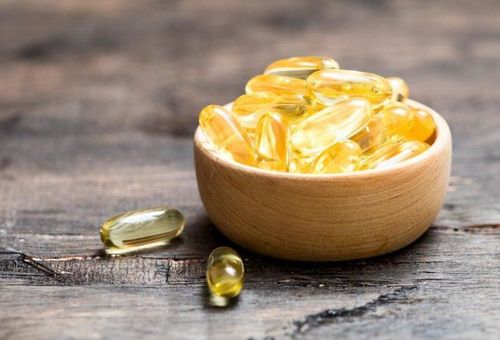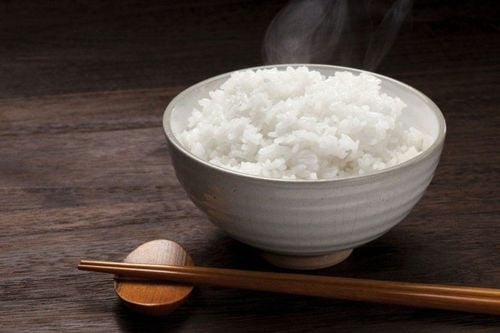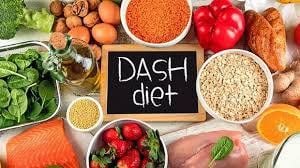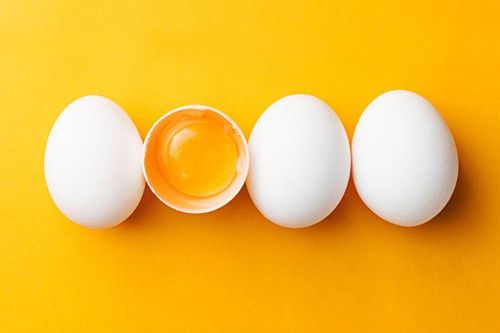This is an automatically translated article.
Mustard vegetables have many varieties with green or yellow color, often vegetables have a strong bitter and spicy taste. This vegetable can be used to make stir-fries, roll with beef, or even make pickles.
1. Nutritional composition of mustard greens
Mustard greens are one of the most nutrient-dense vegetables you can eat, as they are low in calories but rich in fiber and micronutrients.
One cup of 56 grams of chopped mustard greens provides:
Calories: 15 Protein: 2 grams Fat: less than 1 gram Carbs: 3 grams Fiber: 2 grams Sugar: 1 gram Vitamin A: 9% of the recommended amount daily Vitamin B6 (pyridoxine): 6% of daily recommended amount Vitamin C: 44% of daily recommended amount Vitamin E: 8% of daily recommended amount Vitamin K: 120% of recommended daily amount Copper: 10% of daily amount daily recommendations. Mustard vegetables when you make pickles will lose some nutrients during the pickling / salting process, especially vitamin C.
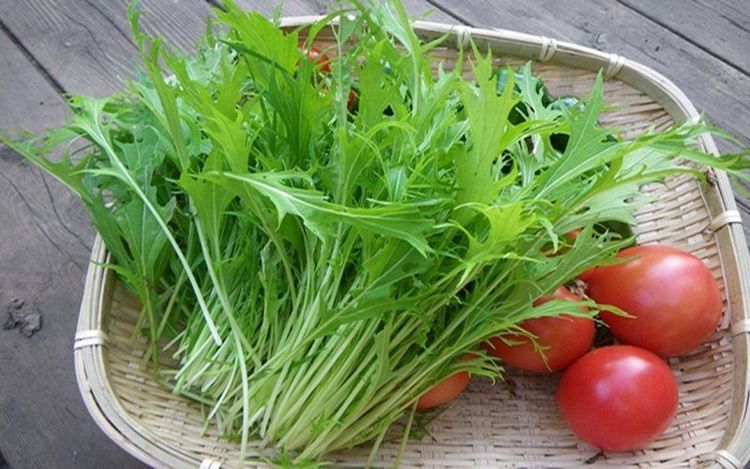
Rau mù tạt muối dưa sẽ làm giảm thành phần vitamin C có trong rau
2. Health Benefits of Mustard Greens
Currently, studies on the benefits of eating mustard greens are very limited. However, the individual nutrients found in mustard greens provide many health benefits.
2.1 Rich in Antioxidants Antioxidants are natural plant compounds that help fight oxidative stress caused by an excess of free radicals. Free radicals are unstable molecules that can affect your cells.
Research shows that over time, these effects can lead to other serious health conditions such as: Heart disease, cancer and Alzheimer's disease.
Although the antioxidant content of green vegetables varies, they are all rich sources of antioxidants such as: flavonoids, beta carotene, lutein and vitamins C and E. Overall, a green vegetable diet. Mustard helps fight diseases related to oxidative stress.
2.2 Excellent Source of Vitamin K Mustard greens, both fresh and cooked, are an excellent source of vitamin K, providing 120% (in 56 grams of mustard) and 690% (in 140 grams of mustard) of the recommended intake. daily.
Vitamin K plays an important role in helping blood clot and is also needed for heart and bone health. If the body lacks vitamin K will increase the risk of heart disease and osteoporosis; increased risk of impaired brain function, dementia and Alzheimer's disease.
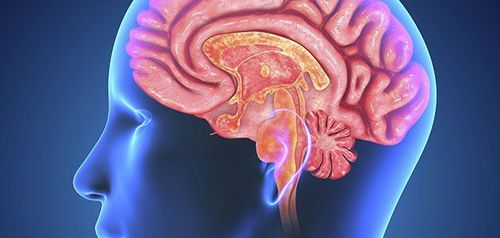
Nguồn vitamin K dồi dào trong rau mù tạt giúp giảm nguy cơ suy giảm chức năng não bộ
2.3 Good for the Immune System Just one cup (56 grams raw or 140 grams cooked) of mustard greens will provide more than a third of your daily vitamin C needs.
Rich in vitamin C: Vitamin C is a water-soluble vitamin that is essential for strengthening the immune system. Research shows that a lack of vitamin C in the diet can weaken the immune system, making the body less resistant, more susceptible to disease. Rich in Vitamin A: Mustard greens are rich in vitamin A, which helps support the immune response in the body by aiding in the multiplication and distribution of T cells, a type of white blood cell needed to help fight infections. potential infection. 2.4 Heart Health Benefits The antioxidants in mustard greens help reduce the risk of heart disease and death. Blocking the reabsorption of bile acids leads to lower cholesterol levels. Boiled or steamed mustard greens have a greater cholesterol-lowering effect than eating them raw.
2.5. Eye Health Among the antioxidants found in mustard greens, lutein and zeaxanthin are two compounds that have been shown to benefit eye health, helping to protect your retina from damage oxidative damage, as well as filtering out harmful blue light.
Studies show that eating foods rich in lutein and zeaxanthin can help protect against macular degeneration.

Rau mù tạt chứa nhiều chất chống oxy hóa có lợi cho sức khỏe của mắt
2.6 Has Anti-Cancer Effects In addition to powerful antioxidants, mustard greens contain a group of beneficial plant compounds called glucosinolates that have anti-cancer effects. Specifically: Glucosinolates contained in vegetables are effective against colorectal and lung cancer.
3. How to prepare and eat mustard greens
There are many ways to enjoy mustard greens. You can make a vegetable salad and add some mustard greens to it.
In addition, cooked mustard greens can be processed with many other dishes such as beef, chicken, grilled fish...
4. Notes when preparing mustard greens
Because mustard greens are high in vitamin K - a vitamin that helps with blood clotting - they can reduce the effects of blood-thinning medications. Therefore, people who are taking blood thinners should consult their doctor before consuming large amounts of these vegetables into their diet. Also, mustard greens contain oxalates, which may increase the risk of kidney stones in some people if consumed in large amounts and regularly.
Please dial HOTLINE for more information or register for an appointment HERE. Download MyVinmec app to make appointments faster and to manage your bookings easily.
Reference sources: healthline.com, webmd.com



